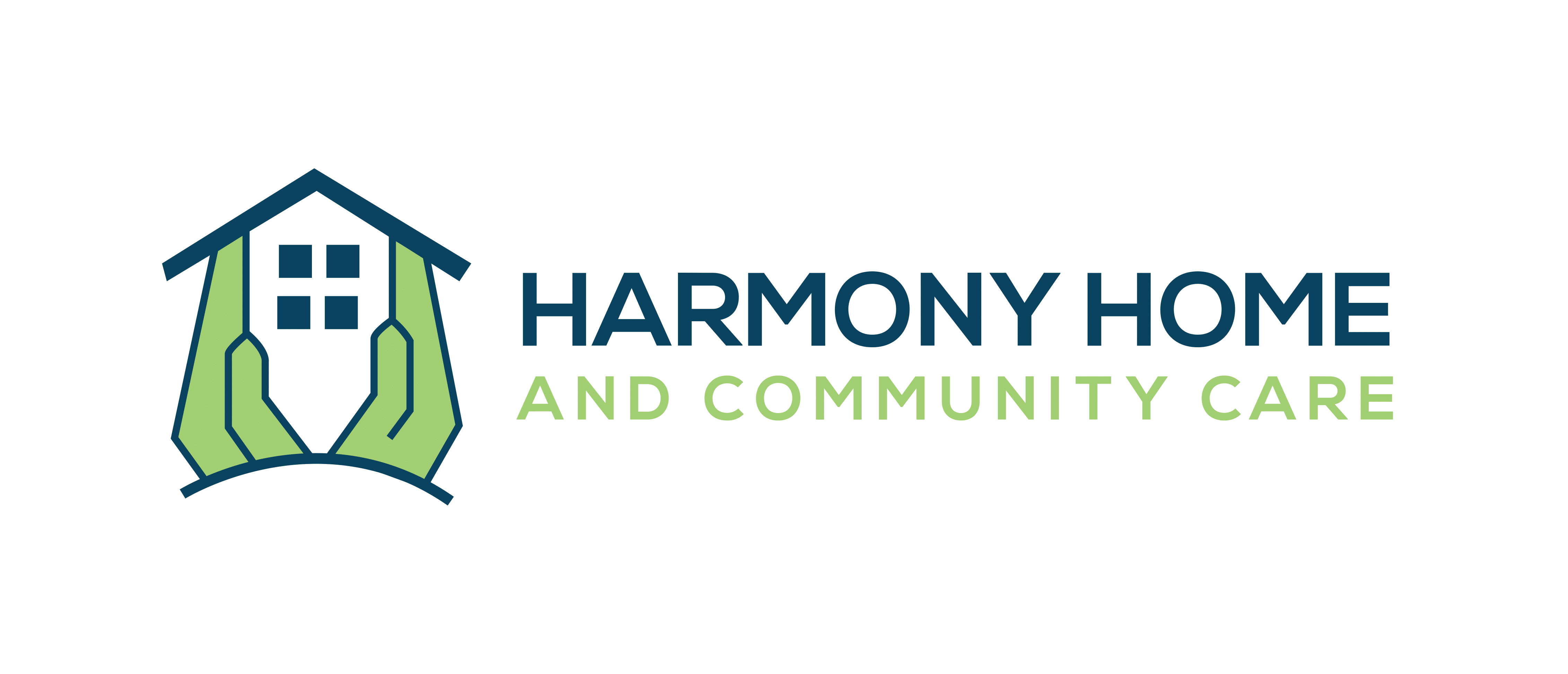Harmony Homes
June 29, 2024
The Top 5 Benefits of Supported Accommodation

The Top 5 Benefits of Supported Accommodation
1. Independence and Self-sufficiency:
The Benefits of Independence and Self-Sufficiency:
· Personal Empowerment:
Cultivating independence and self-sufficiency empowers individuals to take charge of their lives, make informed choices, and pursue their aspirations with confidence. This sense of personal agency fosters resilience, determination, and a belief in one’s ability to overcome obstacles, leading to a greater sense of personal fulfillment and well-being.
· Enhanced Problem-Solving Skills:
Through independent decision-making and self-reliance, individuals develop critical thinking, problem-solving, and adaptability skills. These qualities enable them to effectively navigate
life’s challenges and uncertainties, fostering a proactive and solutions-oriented mindset.

Recent Posts
Categories
Top 5 Benefits of Supported Accommodation
· Emotional and Psychological Well-being:
Achieving independence and self-sufficiency can have a positive impact on mental health, self-esteem, and overall psychological well-being. By taking ownership of their lives and building a sense of self-efficacy, individuals often experience reduced levels of stress, anxiety, and feelings of helplessness.
1. Enhanced Social Connection
Enhanced social connection goes beyond mere communication and interactions; it encompasses the creation of deep, meaningful relationships built on trust, empathy, and shared values. These connections provide individuals with emotional support, companionship, and a sense of belonging, contributing to their overall well-being, mental health, and resilience.The Benefits of Enhanced Social Connection:
· Improved Mental Health:
Strong social connections have been linked to reduced levels of stress, anxiety, and depression. By providing emotional support, a sense of belonging, and opportunities for social engagement, enhanced social connections can help individuals cope with life’s challenges and maintain their mental well-being.
· Enhanced Emotional Well-being:
Meaningful social connections can boost individuals’ self-esteem, confidence, and emotional resilience. Sharing experiences, thoughts, and feelings with others fosters a sense of validation, empathy, and understanding, leading to improved emotional well-being and a greater sense of fulfillment.
· Increased Empathy and Understanding:
Engaging in social connections with a diverse group of individuals broadens one’s perspective, cultivates empathy, and promotes a deeper understanding of different viewpoints and experiences. This facilitates social cohesion, respect for diversity, and a sense of community belonging.
1. Improved Mental Health and Well-being:
Improved mental health and well-being are critical components of overall quality of life, influencing how individuals think, feel, and navigate the challenges of everyday life. It involves maintaining emotional balance, coping with stress, and developing healthy coping mechanisms to address both the ups and downs of life with resilience and optimism.The Benefits of Improved Mental Health and Well-being:
· Resilience and Adaptability:
Improved mental health and well-being contribute to enhanced resilience, enabling individuals to respond effectively to adversity, uncertainty, and life’s challenges. This helps them bounce back from setbacks and maintain a positive outlook even in difficult times.
· Emotional Balance and Stability:
Nurturing mental well-being promotes emotional balance, reducing the impact of stress, anxiety, and negative emotions. It fosters a sense of inner peace, self-awareness, and equanimity, enhancing individuals’ ability to navigate diverse situations with composure and clarity.
· Enhanced Relationships and Social Connection:
Positive mental health and well-being can improve interpersonal relationships, communication, and social connections. Individuals with a healthy mindset are better able to foster meaningful connections, empathy, and understanding, contributing to enriching and supportive social networks.
1. Structured and Safe Environment:
A structured and safe environment provides individuals with a solid framework and a sense of predictability. It offers a space where individuals feel secure, respected, and empowered, allowing them to focus on their personal growth, learning, and productivity. When individuals feel protected and secure, they are more likely to take risks, engage in creative problem-solving, and pursue their goals with confidence.The Benefits of a Structured and Safe Environment:
· Personal Growth and Development: A structured and safe environment fosters personal growth by providing individuals with clear expectations, boundaries, and opportunities for learning and exploration. It encourages self-reflection, goal-setting, and continuous improvement, enabling individuals to reach their full potential.· Enhanced Productivity and Efficiency:
When individuals operate in a well-structured environment, with clearly defined processes and procedures, their productivity and efficiency increase. A structured environment minimizes distractions, establishes a clear workflow, and promotes effective time management, leading to higher levels of achievement and success.
· Emotional Well-being and Mental Health:
Feeling safe and secure in their environment has a positive impact on individuals’ mental health and emotional well-being. A structured and safe environment reduces stress, anxiety, and uncertainty, allowing individuals to focus on their tasks, maintain a healthy work-life balance, and nurture positive relationships with others.
1. Accessible Services and Resources:
Accessible services and resources are vital for promoting inclusivity and addressing the diverse needs of individuals, including those with disabilities, language barriers, economic challenges, or geographical constraints. They ensure that everyone has the opportunity to thrive and contribute to their communities, regardless of their background or circumstances. Accessible services and resources also help in breaking down barriers to participation and fostering a more equitable and diverse society.The Impact of Accessible Services and Resources:
· Empowerment and Independence:
Accessible services and resources empower individuals by providing them with the support they need to live independently, make informed choices, and actively engage in their communities. This empowerment enhances their sense of autonomy and self-determination.
· Inclusivity and Diversity:
By ensuring that services and resources are accessible to diverse populations, communities become more inclusive and welcoming. This fosters a sense of belonging and reduces the marginalization of individuals who may face barriers to access.
· Economic and Social Development:
Accessible services and resources contribute to economic and social development by enabling individuals to access education, employment, and healthcare. When everyone has equitable access to essential resources, communities become more resilient and prosperous.
Supported accommodation provides numerous benefits for individuals who require additional support in their daily lives. It promotes independence, enhances social connection, improves mental health and well-being, offers a structured and safe environment, and ensures access to vital services and resources. It is a valuable accommodation option that empowers individuals to live fulfilling and meaningful lives.


